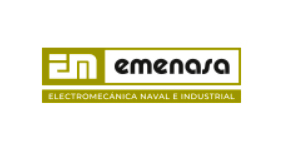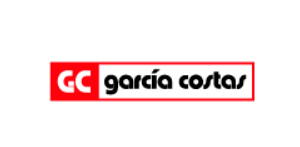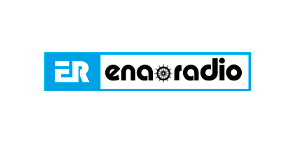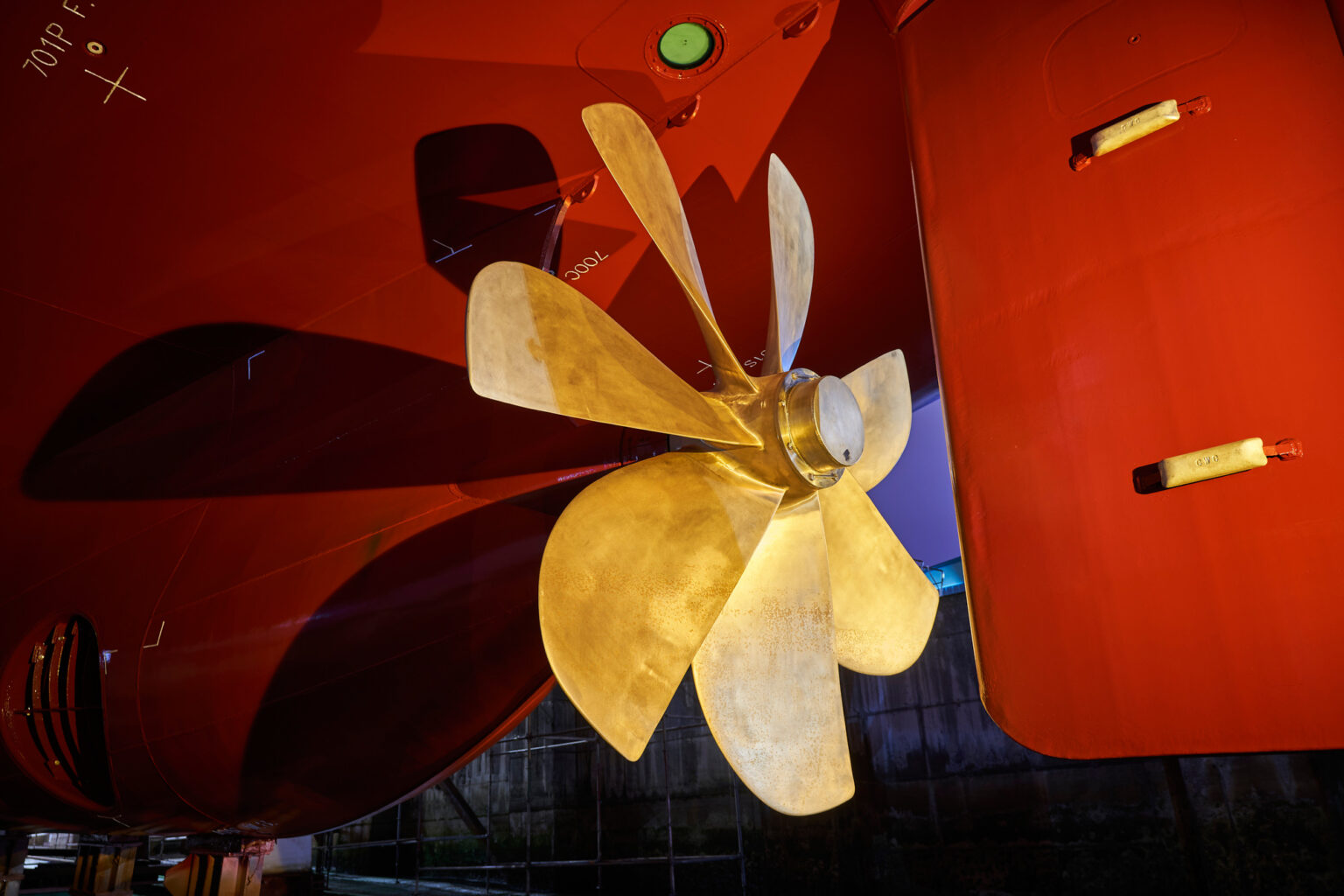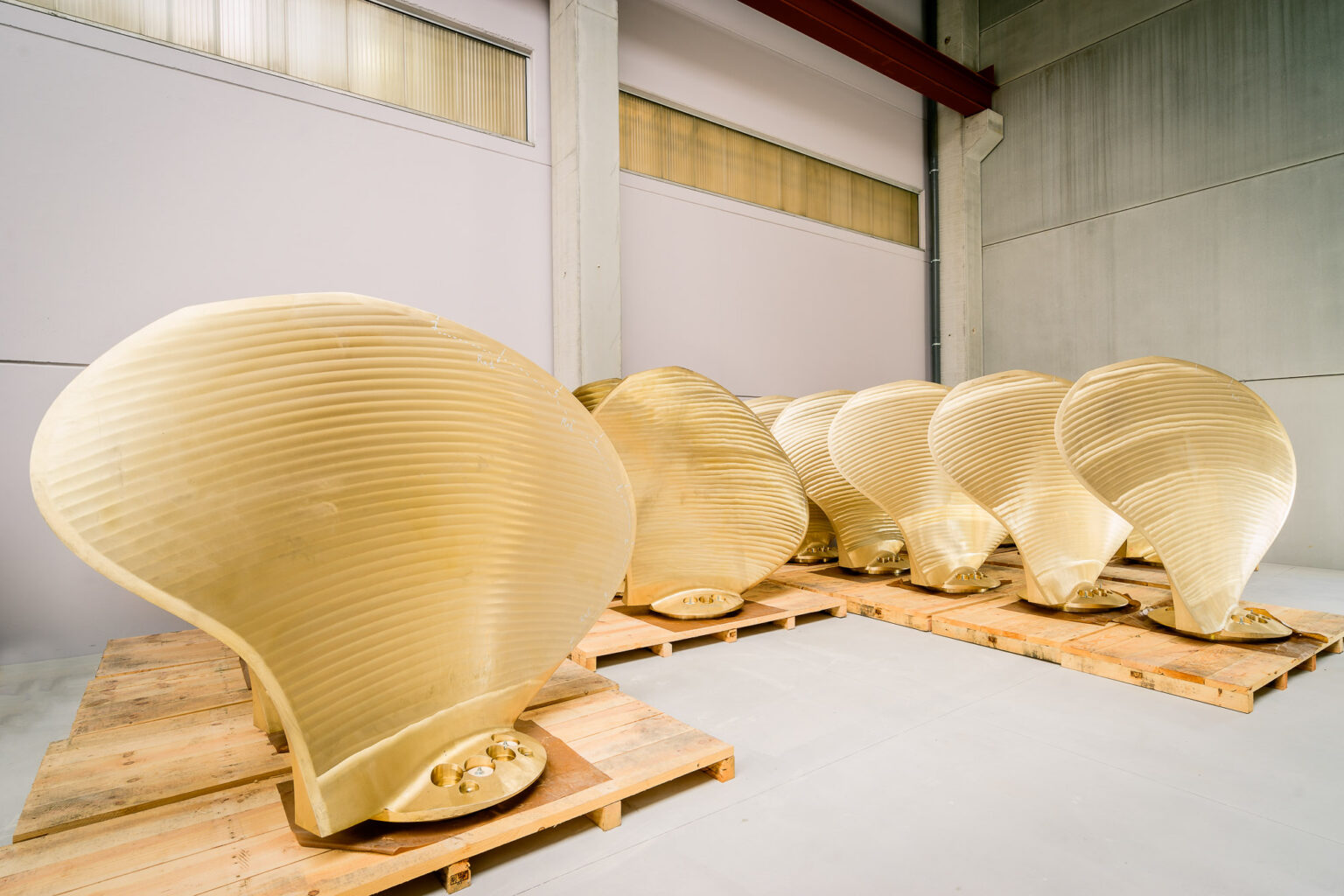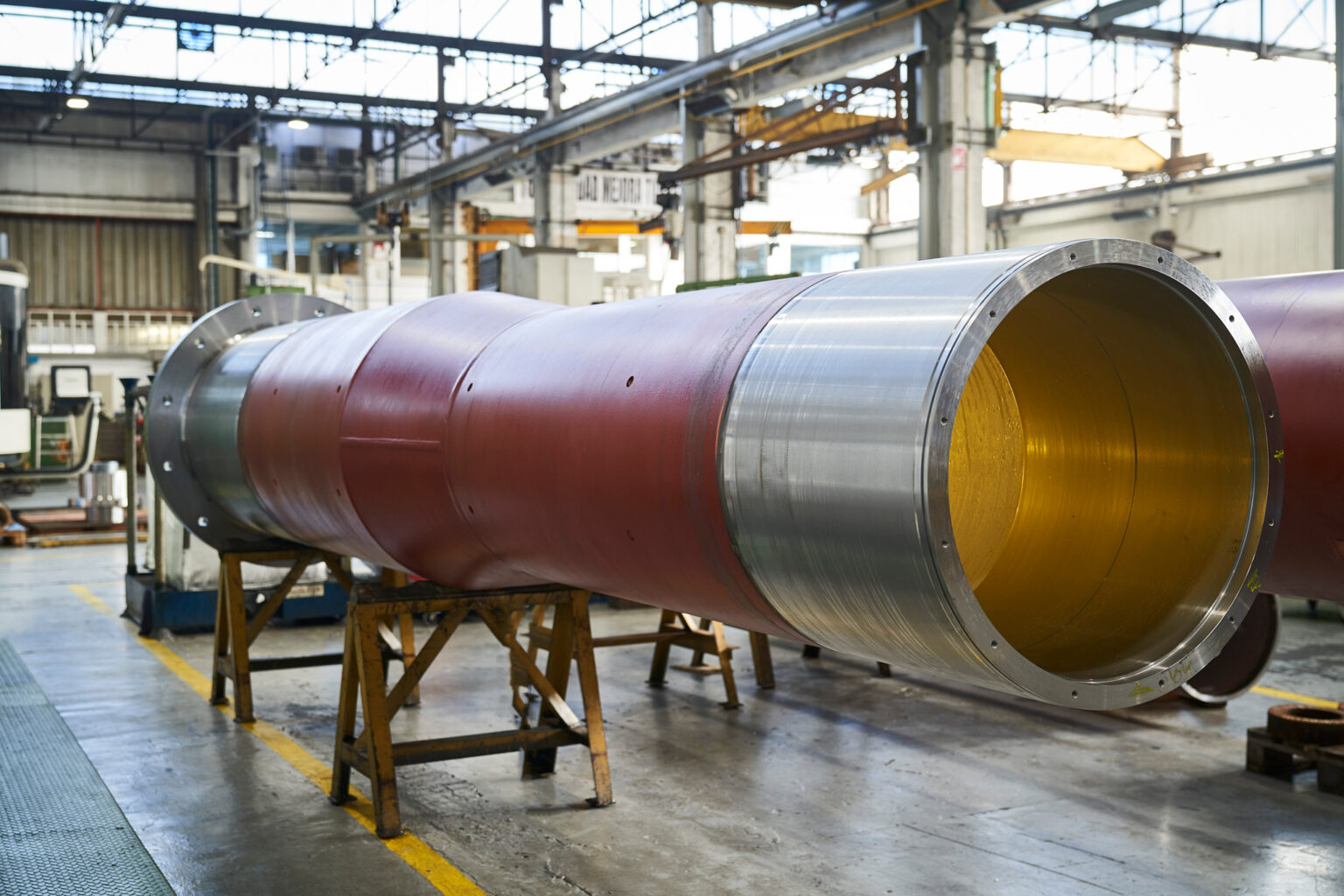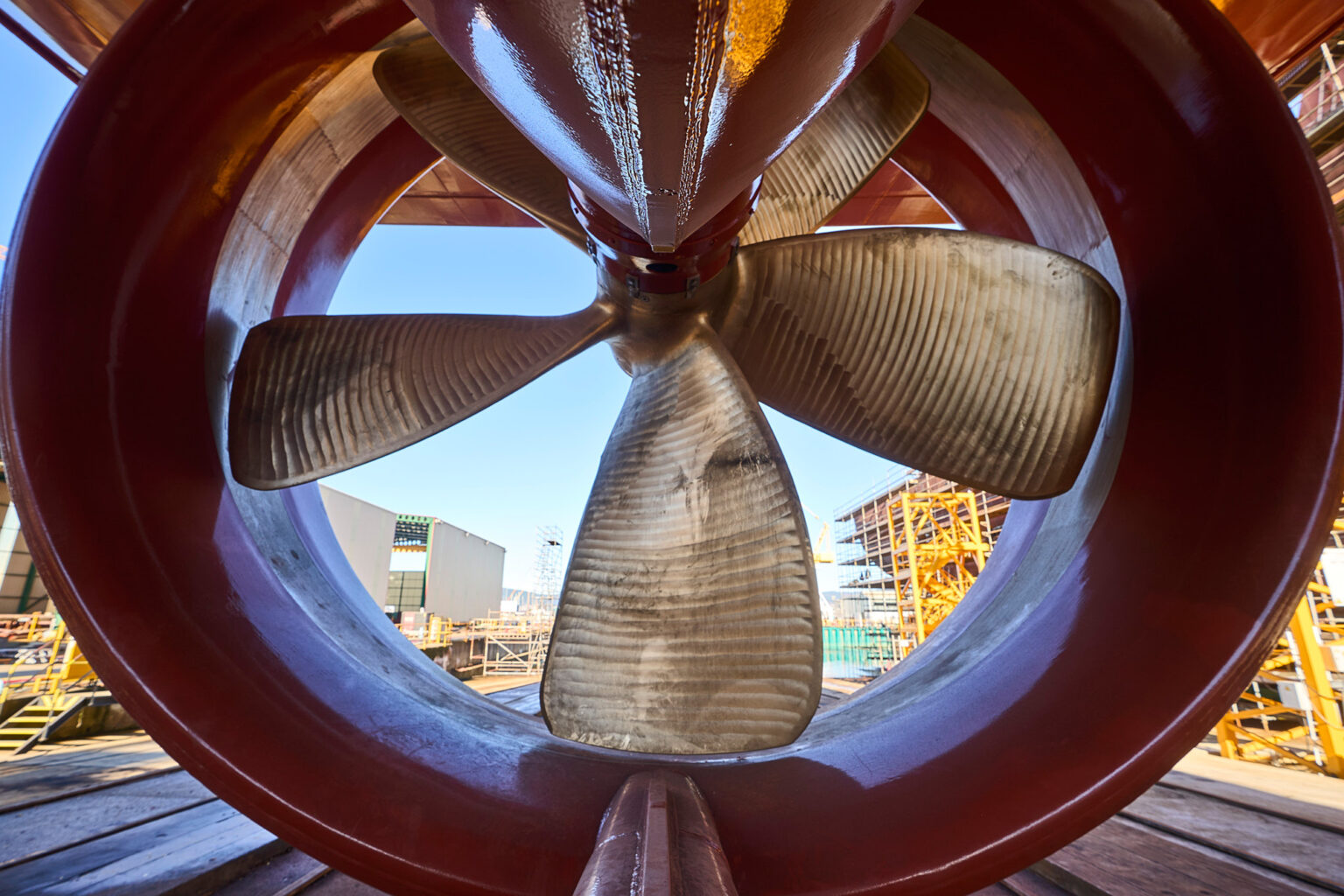Experts In Marine Propellers Design and Manufacturing
Welcome to Rice Propulsion, leaders in advanced marine propulsion solutions and high-precision marine propellers design and manufacturing. With over 100 years of experience in the industry, we specialize in the design, optimization, and manufacturing of propellers and key components for propulsion systems.
Trust Rice Propulsion, where technology and experience come together to drive your success at sea.
Efficient Ship Propulsion
Our solutions in ship propulsion serve shipping companies and shipyards across Latin America, the United States, and Europe, our commitment to quality, innovation, and efficiency positions us as a benchmark in the maritime industry.
Discover our tailored solutions for marine propellers, shaft lines, nozzles, and much more.
Marine Propellers and Naval Components
Propulsion Engineering: Tailored Design with CFD
Explore our advanced propulsion engineering capabilities, including CFD analysis and FEM modeling, and learn how we optimize every project to ensure performance and durability.
A propeller design tailored to the vessel’s needs guarantees optimal engine performance and operational efficiency, avoiding unpleasant “surprises” like noise, vibrations, low speeds, or excessive fuel consumption.
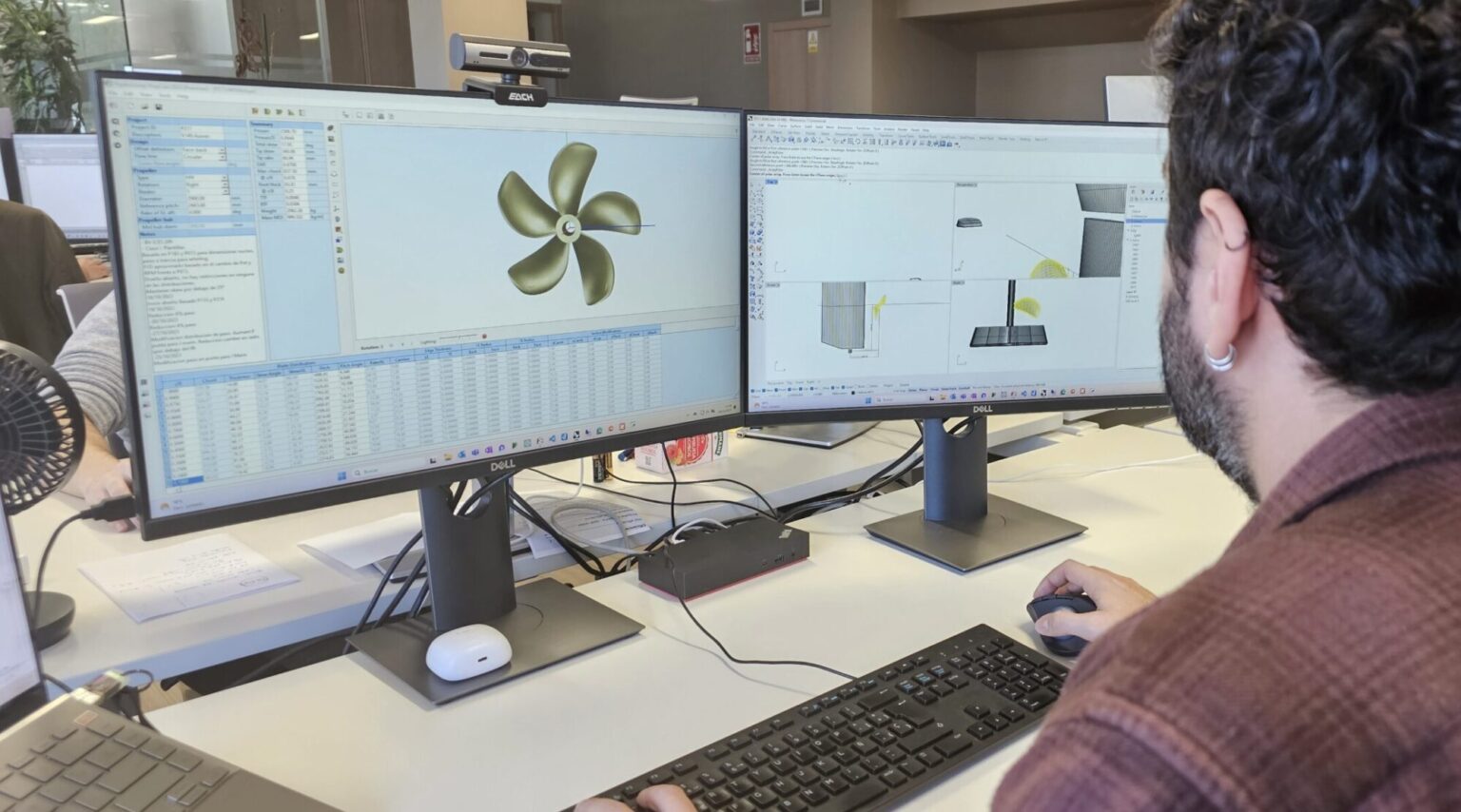
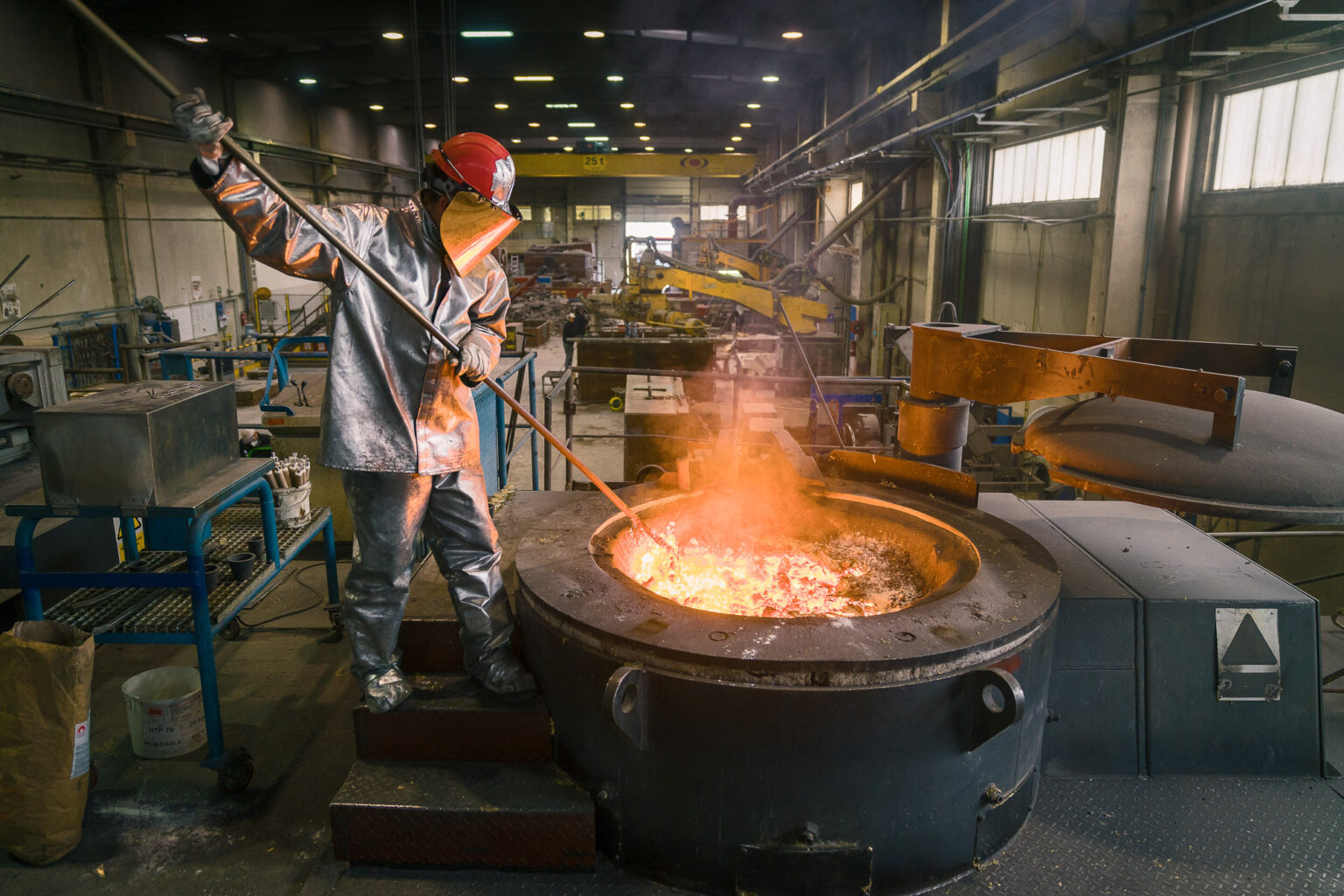
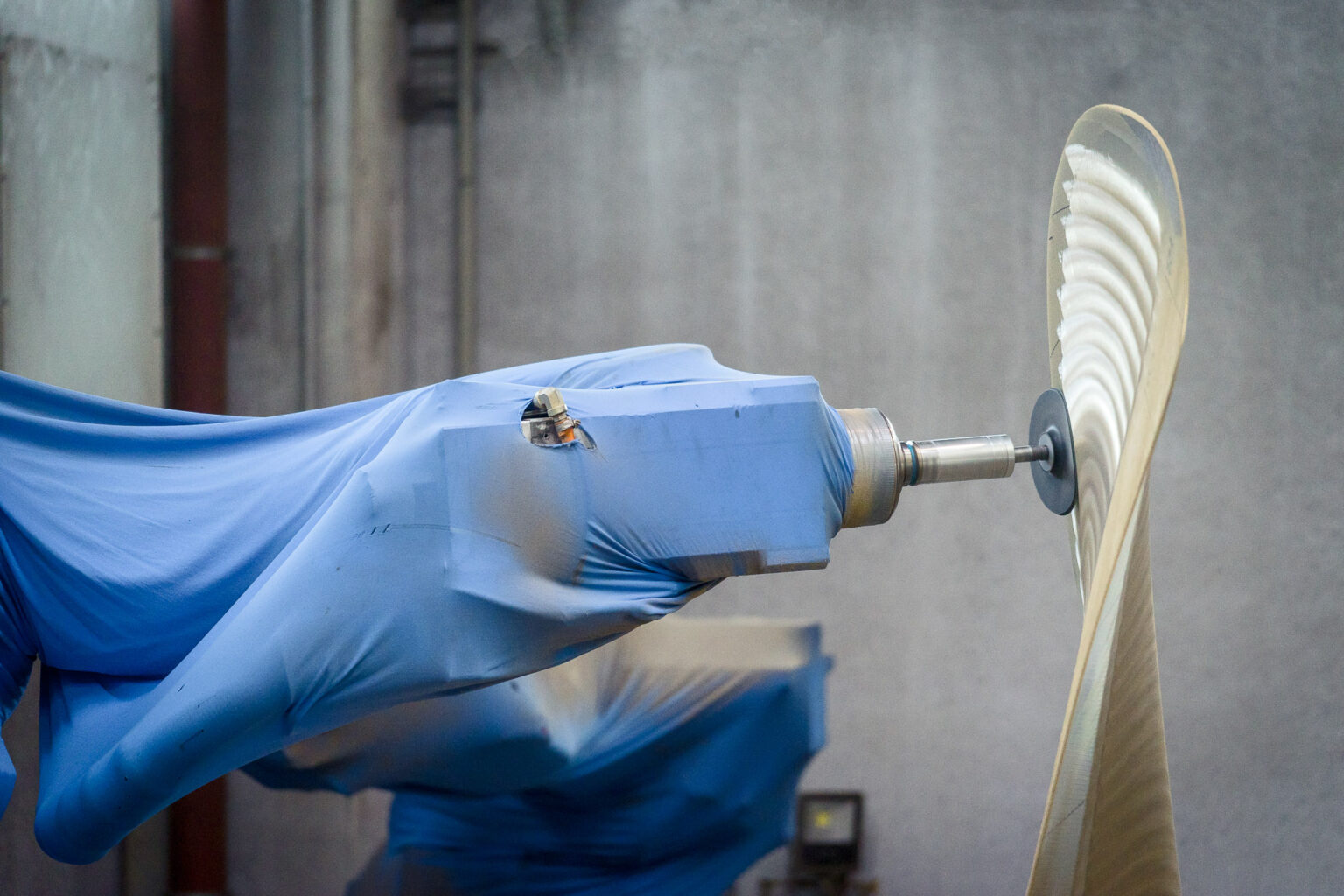
State-of-the-Art Propulsion Casting Facilities
With our own casting facilities in Spain, we operate using the latest technology to guarantee the production of high-quality propellers and components.
Additionally, our repair service center in Mazatlán, Mexico, provides comprehensive maintenance support as always.
Need assistance with ship propulsion? Let’s talk!
Request a Quote
Learn More From
Frequently Asked Questions
A marine propeller is a mechanical device consisting of two or more blades that rotate around a shaft to generate the thrust required to move vessels.
Its technical characteristics, such as diameter, pitch, or area ratio, are specifically calculated to optimize performance according to the user’s needs and the vessel’s specifications.
Marine propulsion provides the thrust and force required to move large structures in the water.
It involves a mechanical system and a propulsor that converts energy into force to drive the vessel. This system includes machinery, equipment, and controls (mechanical, electrical, or hydraulic) connected to the propulsion shaft, with the propeller as the primary element.
Its operation is based on the principle of lift, where the movement of the propeller blades through water generates the thrust needed to move the vessel forward.
A propulsion system integrates machinery and components that allow a vessel to move. Common types include:
- Fixed-pitch propellers: Cost-effective and efficient at specific speeds, ideal for tugboats, fishing vessels, and other commercial ships.
- Variable-pitch propellers: Allow pitch adjustment to optimize performance and reduce cavitation.
- Controllable-pitch propellers: Offer high operational flexibility and are remotely controlled from the bridge or engine room.
- Ducted propellers (nozzles): Enhance propulsion efficiency by improving water flow toward the propeller, providing additional thrust for low-speed vessels.
- Azimuth thrusters: Increase maneuverability, allowing 360° rotations, ideal for adverse weather conditions.
- Cycloidal systems: Allow instantaneous changes in thrust direction, commonly used in tugboats and ferries.
- Water jets: Propulsion is achieved by accelerating water through a nozzle, suitable for high-speed vessels (25-40 knots), offering excellent maneuverability, reduced vibration, and cavitation control.
At Rice Propulsion, we use Cu3 Aluminum Bronze, Cu1 Manganese Bronze, and CF3 Stainless Steel. These materials offer exceptional resistance to wear, erosion, and impacts from floating objects, ensuring durability and reliability.
Yes, we excel in designing and delivering custom propulsion solutions tailored to the specific needs of various vessel types. Whether it’s a commercial cargo ship or a high-performance vessel, we carefully analyze the requirements to develop solutions that enhance performance, fuel efficiency, and operational reliability.
Absolutely. Energy efficiency is at the core of our designs. Our propulsion systems, specially speaking of propellers, incorporate advanced technologies and optimization techniques to minimize fuel consumption and reduce environmental impact, helping ship operators meet sustainability goals and regulatory requirements. Our expertise in CFD tools provides us a more accurate analysis of the propulsion system that is highly influenced by hull forms, its appendages and, of course, environmental conditions. These computational predictions can simulate ship operation conditions of sink and trim at every desired speed to enhance the optimization of our propeller designs also in terms of energy savings.
Durability is a key focus in our both design and manufacturing process. We use cutting-edge engineering techniques in design stage to avoid cavitation phenomena in our propellers and at the same time we aim for the maximum performance that they can reach for the vessel operation conditions. Speaking of our manufacturing process, we also select high-quality materials and conduct rigorous performance testing to guarantee that our products withstand the challenges of marine environments. Each component is designed to deliver consistent performance over its lifespan.
Yes, we provide diagnostic services to help identify and resolve performance issues in propulsion systems. Using advanced tools and techniques, our experts can pinpoint inefficiencies, recommend repairs or upgrades, and ensure your system operates at peak performance. Years of experience have given us the opportunity to face multiple problems, and we have also developed a multitude of solutions for each of them!

